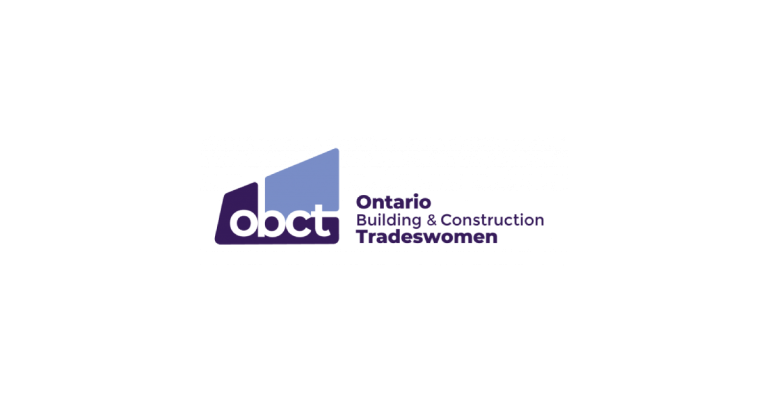Customer Experience Spoilers: 4 Ways Your Company May Be Inadvertently Annoying Customers

Nov 26, 2019
By Jeff Mowatt
What words do you think customers would use to describe what it’s like when doing business with your company — responsive, easy, approachable? Or are they more apt to say rigid, robotic, bureaucratic? Customers of course prefer to buy from suppliers who are easy to work with. What might surprise you is even though as a manager you might think your company creates positive customer experiences, in fact there may be several ways your organization may be unintentionally turning customers off.
Often customers won’t tell you about them because they may not be consciously aware of them. What they will do is quietly choose a different supplier next time. See if these four subtle customer turnoffs are oozing through the cracks of your company’s foundations.
Turnoff 1: punishing policies
We all know the importance of building a brand that instils feelings of trust. Unfortunately, when companies operate with restrictive customer policies, all that goodwill begins to crumble. Half the problem is the word “policy”. It implies rigid rules and regulations. To avoid this turnoff, customer-friendly organizations replace the word policies with guidelines. For example: “Delivery guideline: for onsite service, we typically schedule within x days. Let us know your timing and we’ll see if we can accommodate.” Notice how the wording sounds like real people who are trying to be helpful. I’m not suggesting that companies abandon policies. Instead, dial down the legal jargon, soften the wording, and make it sound like your company is run by real people.
Turnoff 2: complex contracts
To do business with your company, are there multiple contracts/rules/hoops that customers have to jump through? Do your contracts sound like they are written like you expect to be sued? As a general guideline I’d suggest that any contract for dollar amounts under $10,000 should be readable within five minutes. Worth 100k? – Ten minutes. Problem is many organizations have lengthy multipage contracts regardless of the amount at stake, forcing customers to spend way too much admin time. In other words, companies make their own customers resent doing business with them at the outset of the relationship. Bear in mind that lengthy contracts raise alarm bells that the company must have failed and been sued in the past or are anticipating future lawsuits. Hardly inspires customer confidence.
Turnoff 3: disclaimer disconnect
No doubt you’ve received emails — or maybe even sent them — where at the bottom of the email in fine print there’s a blurb stating, “This message is confidential and intended solely for the person named here… files may not be shared… blah, blah, blah.” These clauses imply that as the recipient you are legally bound to maintain some sort of confidentiality. It’s nonsense. Just because someone sends you an email that includes fine print at the bottom stating they don’t want you to share the contained information, doesn’t mean you’re obliged to comply. It holds no legal authority or protection of confidentiality. What it does do is make the recipient (a customer) get the feeling they are dealing with a bureaucracy run by litigators instead of managers. If there is something you don’t want customers to share, then ask them to sign a confidentiality agreement up front. Other than that, you can’t prevent a customer from sharing an email if they want to. So, don’t bother with all the legalese for a simple email.
Turnoff 4: faceless frontline
One of the most common customer annoyances — and easiest to eliminate — is when employees don’t identify themselves in person or on the phone. As I point out in my Trusted Advisor seminars, more than basic courtesy, when you introduce yourself to customers and/or wear easily readable nametags, it tells them that you are someone who is comfortable being held accountable. Conversely, employees whose names are not displayed or readily offered seem to be hiding behind a veil of bureaucracy. It’s an easy fix that builds trust.
Bottom line question: what’s your organization really like to work with? Check your customer communications practices and see how your company could sound less guarded, and more like you’re open for doing business.
This article is based on the bestselling book, Influence with Ease by Hall of Fame motivational speaker Jeff Mowatt. To obtain your own copy of his book or to inquire about engaging Jeff for your team, visit www.jeffmowatt.com. Watch for more articles from Jeff in future issues.

















